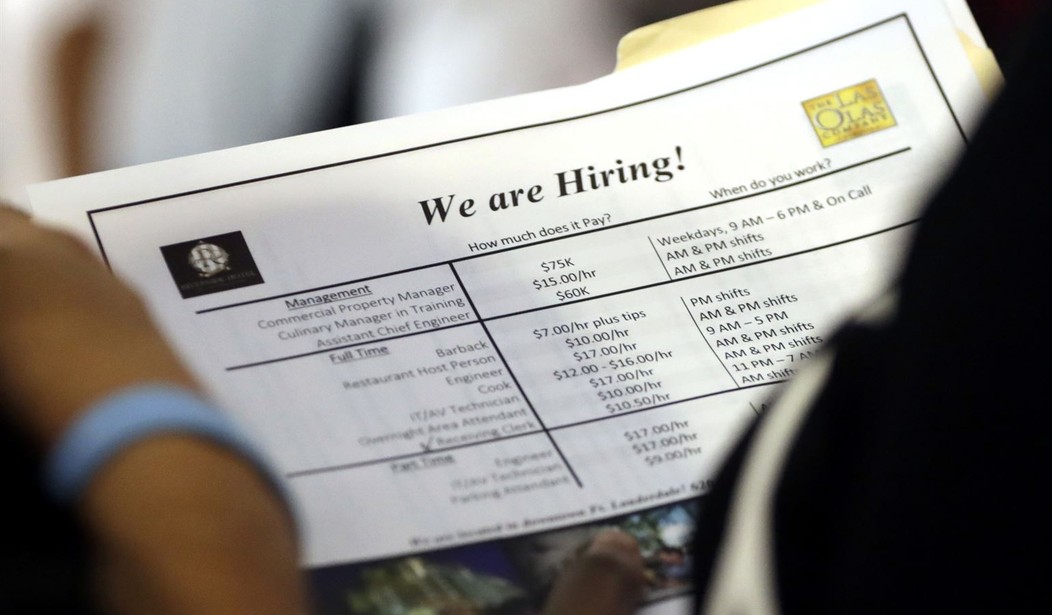Nearly five months after first applying for unemployment insurance, Jaime Swan is tapped out, stuck with no money and no answers.
The single mother of two tells Wisconsin Spotlight she is on the verge of losing her phone service, having her electricity shut off and, soon, being evicted from her home.
At her wit's end, Swan recently sent a desperate message to state lawmakers, her own and others--anyone who might listen to her plea.
“I have nothing left,” she wrote in a letter received by the office of state Sen. Dale Kooyenga (R-Brookfield). “Please help me and my kids. I'm begging you. I have nowhere else to turn. Please do whatever it takes to get my claim processed. I honestly believe that you are our only hope.”
Hope is in short supply these days for the 39-year-old Somerset resident.
‘I feel so helpless’
She had a good job and worked hard to take care of herself and her girls, now 18 and 20. Up until March, Swan was employed as a medical coding analyst, making $1,200 a week.
When COVID-19 hit and state lockdowns stalled business, Swan’s 40 to 60-hour workweek was cut to a mere eight hours. She, like hundreds of thousands of others, turned to the state Department of Workforce Development (DWD) for help, filing her first unemployment insurance claim in late March. Like too many out-of-work Wisconsinites, after 19 weeks, she’s still waiting for the agency to come through.
Swan said she has spent hours on hold waiting to talk to someone who could answer her many questions. When she finally got through to DWD agents, she was often treated rudely.
“I was told that I should go to church to ask for money,” she recalled. “I’ve been told, ‘It’s not my problem. I’m sick of these sob stories.’”
Recommended
Swan said she has encountered some kind agents along the way, but she’s still waiting. For the past two months, she has been calling almost every day.
“I feel so helpless,” she said. “I feel like I’m in a pile of papers and nobody really cares. I think they’re just trying to get rid of me.”
But nothing compared to being told that her ship had come in, only to find out that it had sunk.
A month and a half ago, Swan said, she got a call from a DWD official who told her everything on her claim had been cleared up and she would be receiving all of her back unemployment benefits sometime between July 20 and July 30.
“I was so excited. I had prayed for so long. I thanked God,” she said. “But I had a bad feeling that something wasn’t quite right.” She was subsequently told that the information she received was incorrect. She had not been approved.
It took DWD 18 weeks to reject her claims for standard state unemployment. Swan needed that rejection before she could apply for federal Pandemic Unemployment Assistance (PUA) benefits. She worries it will take another five months to get an answer on her PUA claims.
The bureaucratic nightmare appears to have been made worse by her out-of-state employer contending that, because Swan is a contract employee, she shouldn’t be eligible for standard state benefits. He wants to be let off the hook for the state unemployment insurance hit he would take, and he is insisting federal taxpayers pick up the tab. Apparently that’s been too much to handle for DWD claims processors and adjudicators.
On empty
In the meantime, Swan said she has been applying for jobs every day but has not had a single call for an interview. She has six years of experience in medical coding.
The displaced worker has tried to make ends meet through a pandemic loan and help from her mother, but the money has run out. As of late last week, she said she had $100 to her name. She said her landlord has been very understanding, but the 80-year-old property owner has a mortgage to pay on the country house where Swan and her daughters live.
She said her girls try to help out when they can, but it’s heartbreaking for a mother to seek financial help from a new high school graduate and a college student.
“I don’t want them to support their mom, I want to help get them through college,” Swan said, fighting back tears. “I worked so hard get my college degree. I worked full-time. We were doing so well, and to have it torn out from underneath you is hard.”

























Join the conversation as a VIP Member